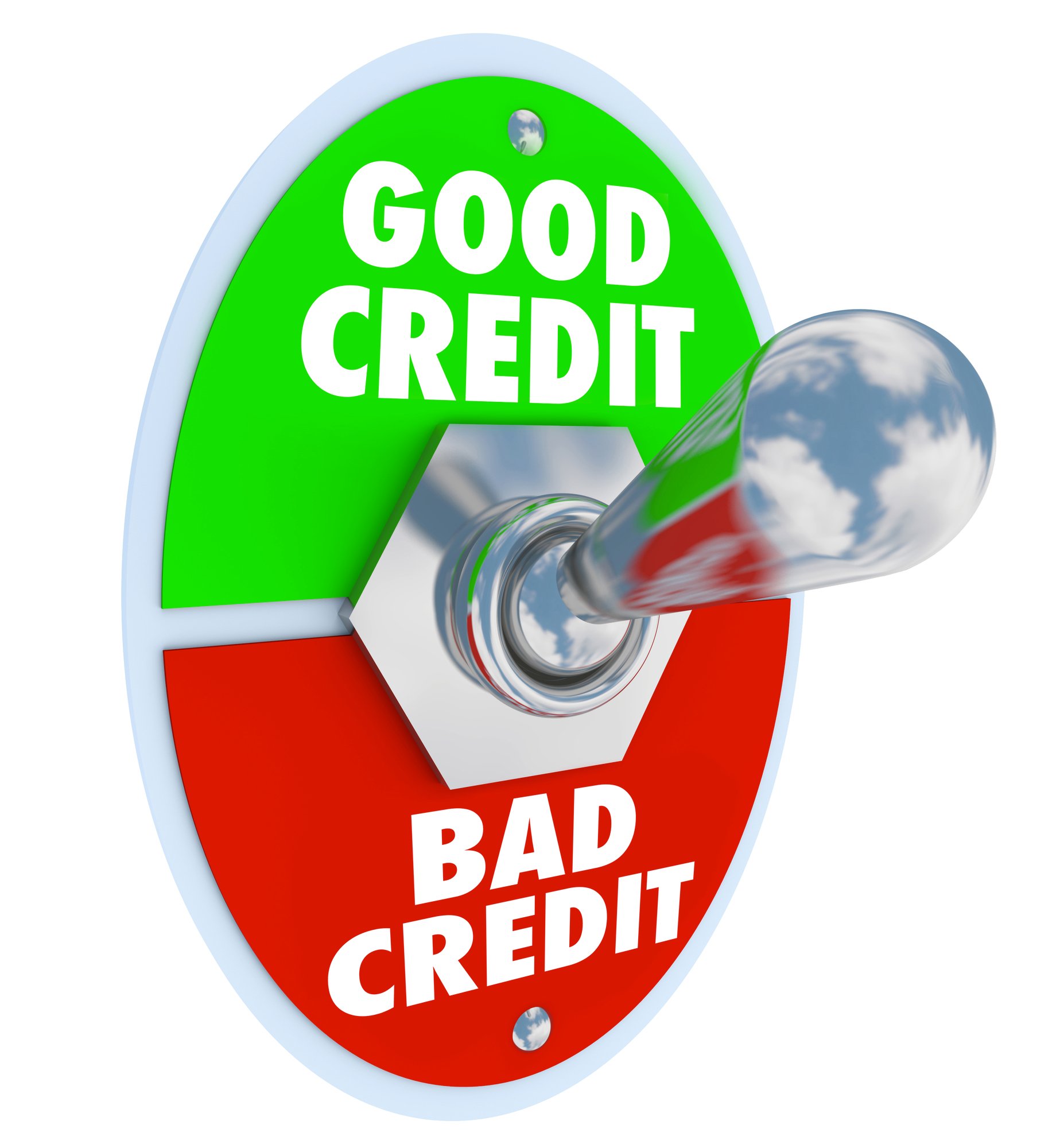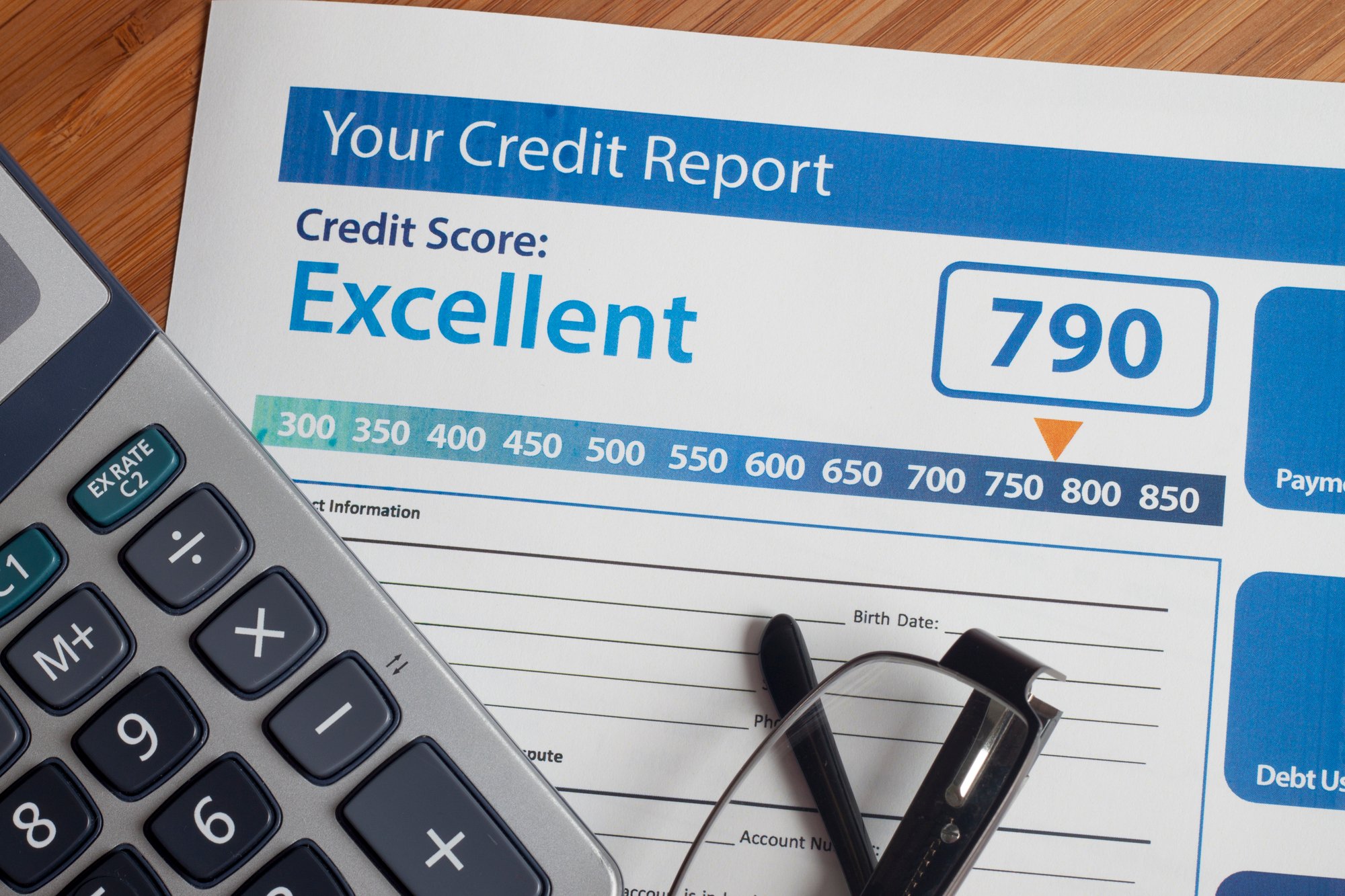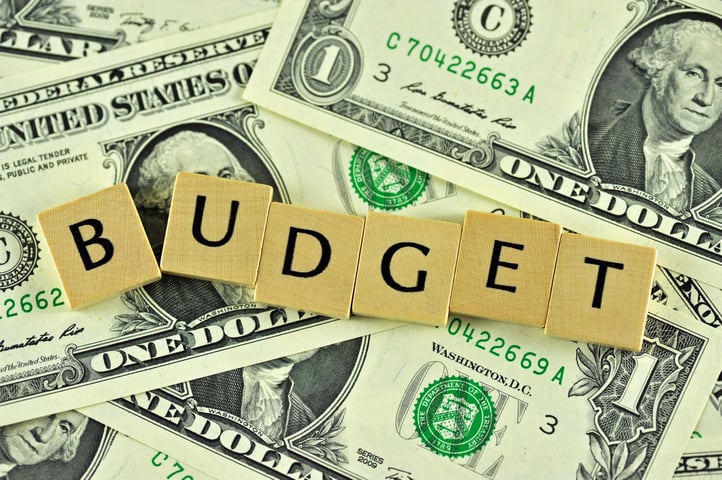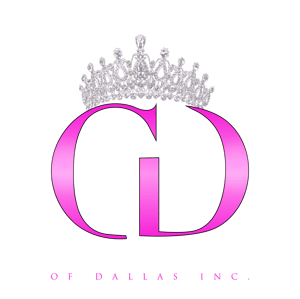Your credit score ranks among the most critical numbers in anyone's financial life. Building a solid credit score early puts you in a strong position to get mortgage approvals, reap the benefits of credit card rewards, get good rates on auto loans, and more. Having a solid credit score also comes with unexpected benefits, such as discounted cell phone plans and paying less to get utilities set up.
However, your thirties come with several financial challenges. During this time, most people find themselves juggling different financial decisions. You may need to buy a home or start saving for your children. In some cases, you may be switching jobs.
 The best thing you can do during this time is creating a robust financial strategy that will determine your financial position in your 40s. One of the biggest reasons most people make mistakes that cost their financial future is the lack of financial knowledge. Keep reading to learn some of the basic money moves you need to make in your 30s to set yourself up for a strong credit score in your 40s.
The best thing you can do during this time is creating a robust financial strategy that will determine your financial position in your 40s. One of the biggest reasons most people make mistakes that cost their financial future is the lack of financial knowledge. Keep reading to learn some of the basic money moves you need to make in your 30s to set yourself up for a strong credit score in your 40s.
Update Your Emergency Fund
In your thirties, you likely have more expenses. The higher your expenses, the more the need for an emergency fund. Ideally, an emergency fund should cover at least 3 to 6 months of all your living expenses.
When you create an emergency fund, you also need to look at where you are keeping the money. The best place to keep an emergency fund is in a savings account or any other account you can access easily. The ideal savings account should offer high interest rates.
Get Ready to Buy a Home
Buying a home is likely the most significant financial decision you will ever make, so you need to start planning early. Always pay attention to your credit score and save enough to cover a down payment. With a better credit score, the interest rates on your mortgage get lower. You should save for a down payment with at least 20% of the total cost of the house, although some mortgages allow you to make a down payment as low as 3%.
Start Making Your Retirement Plans
The most important financial move you can make in your thirties is laying a strong foundation for your retirement. During this time, you need to maximize your 401(k) match if your current job offers one. By the time you turn 35, your retirement savings need to double your annual salary.
Advantages of Keeping Older Credit Cards and Accounts
Closing an old credit card or bank account may have a significant impact on your credit score. When you close your credit card, you increase the utilization rate and lose your credit card limit. Generally, this increases the percentage of available credit you are currently using. The higher utilization rate is usually treated as a red light by most lenders since it is an indication that you are presently using a significant portion of the total available credit you qualify for.
 How to Improve Your Credit Score
How to Improve Your Credit Score
To safeguard your financial future while in your thirties, you need to work on improving your current credit score. Below are some tips on how you can use credit responsibly and create a positive credit history.
Borrow Responsibly
A credit card does not allow you to purchase things that are out of your spending limits. This can quickly get you into debt. To establish a good credit history, you need to focus on charging only what is affordable. By controlling how you spend your credit, you send a message to potential lenders that you borrow responsibly. This makes it easy for you to get credit.
It would be best if you stuck to the same policy when getting loans. Regardless of how much you qualify for, only borrow the amount you can pay back comfortably. Always review your budget before getting a loan to determine how much you can afford to pay monthly.
Fully Pay Your Credit Card Balance
If you borrow responsibly and only use the amount of credit, you can pay comfortably, making credit card balance payments in full every month should not be a problem. This sends the message that you are responsible in relation to paying bills which puts you in good books with creditors. Since the timelines of your payments have a big impact on your credit history, making timely payments can help you improve your credit score.
Pay All Bills on Time
The credit report does not indicate all monthly payments. As long as you make all payments on time, bills that do not get reported to credit bureaus will not affect your credit score. However, becoming delinquent can result in your account getting reported to a payment collection agency which may eventually end up on your credit report.
Setting Yourself Up for a Strong Financial Future in Your 30s
Making the right financial moves in your 30s can help set you up for success as you make major purchases like a home or a new car.
If you've already found yourself in financial trouble in your fourth decade on Earth, we can help. Give us a call today to learn more about our credit repair services.






